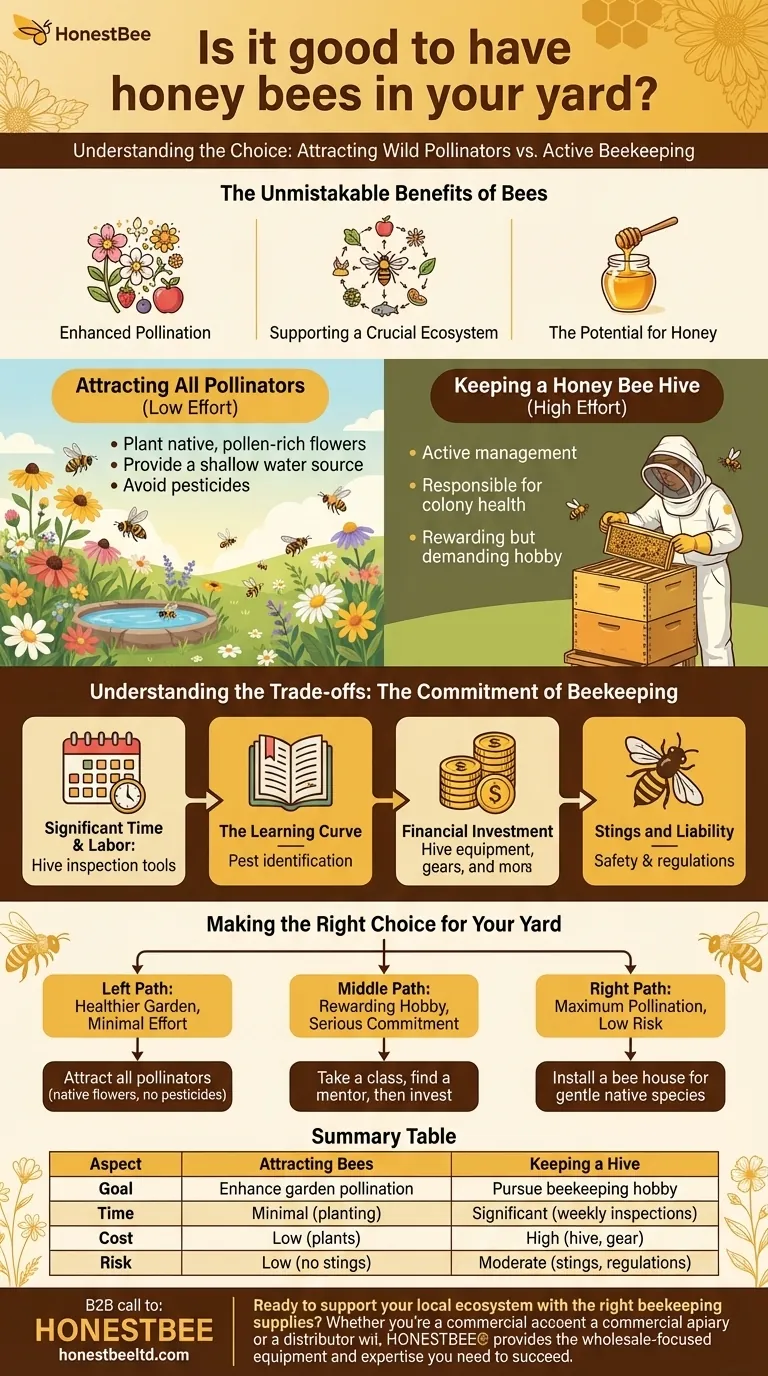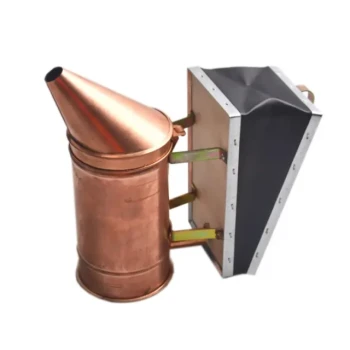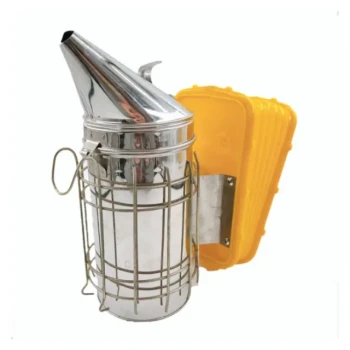Having honey bees in your yard is highly beneficial, but it's crucial to understand what that truly means. While they are exceptional pollinators for gardens, fruit trees, and crops, the decision to actively keep honey bees in a hive is a significant commitment that goes far beyond simply enjoying their presence.
The core decision is not whether bees are good for your yard—they are. The real choice is whether you want to be a passive supporter who attracts wild bees or an active hobbyist who manages a honey bee colony, each with vastly different requirements and outcomes.

The Unmistakable Benefits of Bees
Whether you attract wild bees or keep your own hive, their presence provides clear ecological and agricultural advantages for your property.
Enhanced Pollination
Bees are the most efficient pollinators on the planet. Their work directly leads to more vibrant flowers, higher yields from fruit trees, and more robust vegetable gardens.
Supporting a Crucial Ecosystem
Honey bees, along with native bee species, are vital for a healthy environment. By creating a bee-friendly yard, you support a critical link in the food web that is under threat from habitat loss and pesticide use.
The Potential for Honey
If you commit to beekeeping, a healthy and mature hive can produce a surplus of honey. For many, this sweet reward is a tangible benefit of their hard work, though it should not be the primary motivation for starting.
Hosting Bees: Attracting vs. Keeping
The most common point of confusion is the difference between creating a bee-friendly habitat and the practice of beekeeping. These are two very different paths.
Option 1: Attracting All Pollinators (Low Effort)
For most homeowners, this is the ideal approach. You can make your yard a haven for honey bees and hundreds of species of native bees by taking a few simple steps.
This involves planting a variety of native, pollen-rich flowers, providing a shallow water source with landing spots like pebbles, and completely avoiding the use of pesticides.
Option 2: Keeping a Honey Bee Hive (High Effort)
This is an agricultural pursuit that requires active management. You become responsible for the health, housing, and survival of a colony of tens of thousands of insects. It is a rewarding but demanding hobby.
Understanding the Trade-offs: The Commitment of Beekeeping
Before purchasing a hive, you must objectively assess the responsibilities involved. Beekeeping is far more than setting up a box and waiting for honey.
Significant Time and Labor
A beekeeper must perform regular hive inspections (weekly or bi-weekly during peak season) to check for disease, monitor the queen's health, and manage space. This is a consistent time commitment.
The Learning Curve
Properly managing a hive requires knowledge. You must learn to identify and treat pests and diseases, with the Varroa mite being a persistent and destructive threat that requires an integrated pest management strategy.
Financial Investment
The startup costs are not trivial. You will need to purchase the hive components, protective gear, tools, and the bees themselves. Honey extraction equipment is an additional expense later on.
Stings and Liability
While honey bees are generally not aggressive, stings will happen. You must consider the safety of family, pets, and neighbors. It is also essential to check local ordinances, as many municipalities have specific regulations for backyard beekeeping.
Making the Right Choice for Your Yard
To decide on the best path forward, you must be clear about your primary goal.
- If your primary focus is a healthier garden with minimal effort: Concentrate on attracting all types of pollinators by planting native flowers and eliminating pesticides.
- If your primary focus is a rewarding hobby and you are ready for a serious commitment: Begin by taking a local beekeeping class and finding a mentor before you invest in any equipment.
- If your primary focus is maximum pollination with low risk: Consider installing a bee house for gentle native species like mason bees, which are highly effective pollinators and do not require active management.
By aligning your actions with your goals, you can effectively and responsibly turn your yard into a thriving ecosystem that truly supports bees.
Summary Table:
| Aspect | Attracting Bees (Low Effort) | Keeping a Hive (High Effort) |
|---|---|---|
| Goal | Enhance garden pollination | Pursue beekeeping as a hobby |
| Time Commitment | Minimal (planting, water source) | Significant (weekly inspections) |
| Cost | Low (plants, water features) | High (hive, gear, extraction tools) |
| Risk | Low (no stings, minimal liability) | Moderate (stings, local regulations) |
Ready to support your local ecosystem with the right beekeeping supplies? Whether you're a commercial apiary or a distributor, HONESTBEE provides the wholesale-focused equipment and expertise you need to succeed. From durable hives to protective gear, we supply the tools for healthy colonies and thriving gardens. Contact us today to discuss your needs and explore our product catalog!
Visual Guide

Related Products
- Wholesales Dadant Size Wooden Bee Hives for Beekeeping
- Premium Traditional Copper Bee Smoker with Bellows
- Economy Galvanized Beekeeping Honey Bee Smoker for Wholesale
- Automatic Honey Flow Beehive 4 Frame Mini Hive for Beekeeping
- HONESTBEE Professional Long Handled Hive Tool with Precision Cutting Blade
People Also Ask
- How do cement beehives compare to wooden beehives? Durability and ROI vs Traditional Methods
- What is the best place to keep bees? Find the Perfect Apiary Site for Your Hives
- What finish options are available for wooden beehives? Choose the Best Protection for Your Apiary
- What technical factors should be considered when selecting wood for stingless bee hives? Optimize Colony Health
- How should new wooden beekeeping equipment be prepared for use? Pro Tips for Maximum Hive Durability



















